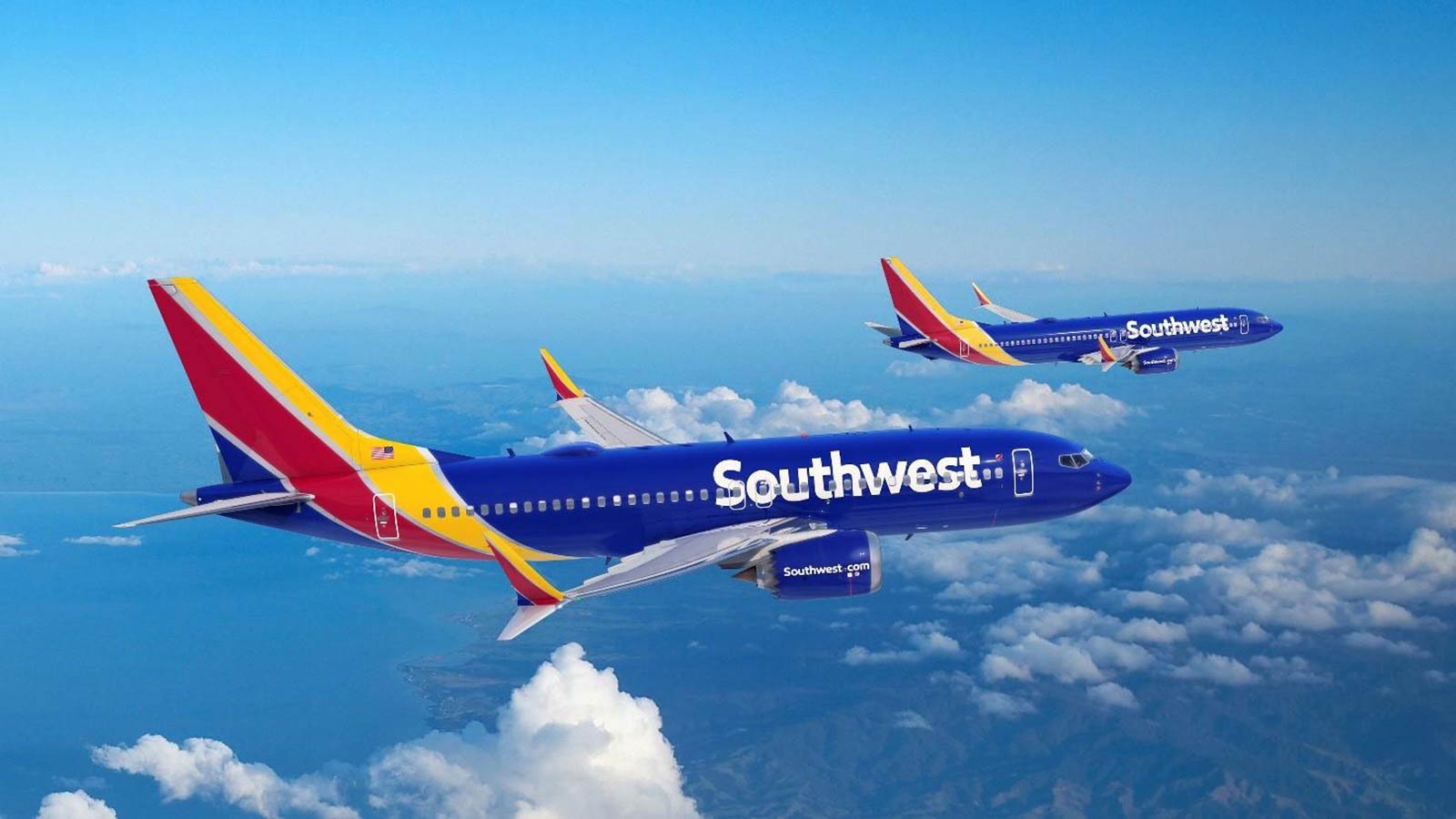 Shani Perera
Travel News
#Travel News
#Airline upgrades
#Aviation news
Shani Perera
Travel News
#Travel News
#Airline upgrades
#Aviation news

October 24, 2025
Dallas-based Southwest Airlines, known for its low fares, open seating, and free checked bags, is changing its approach. The airline plans to roll out several upgrades and fare options in the coming years, positioning itself more clearly in the premium travel market.
What’s Changing
• Assigned seating: Passengers will choose seats in advance for the first time. This marks a significant shift from the airline’s traditional open-seating model. Bookings for assigned seats will start later this year, with travel under the new system expected to begin in early 2026.
• Extra-legroom cabin: Selected aircraft will have seats with about 3 additional inches of legroom.
• Larger overhead bins and in-seat power: Newer 737-Max aircraft will come with bigger storage bins and power outlets at every seat.
• Improved WiFi and fare bundles: The airline will enhance onboard connectivity and introduce new fare categories that combine seating, checked bags, and boarding order options.
• Checked baggage fees and new fare tiers: As part of its broader shift, Southwest will phase out its long-standing policy of offering two free checked bags for most passengers and adopt basic-economy fares with fewer benefits.
Why the Shift
Industry analysts say these changes reflect increased competition and pressure to improve profits. One observer noted, “Southwest was basically backed into a corner. It needed to add extra legroom seats to be more competitive.” With survey data showing that 80% of current customers and 86% of potential customers prefer assigned seating, the shift seems driven by passenger preferences rather than just cost-cutting.
What It Means for the Traveller
Frequent flyers, loyalty-club members, and business travellers can expect more comforts and options typically found with legacy carriers. Bigger bins will alleviate overhead space concerns, while in-seat power and faster WiFi will align more with full-service airlines.
On the downside, passengers who have enjoyed Southwest’s equal offerings, like open seating, free bags, and simple fares, may face some drawbacks. The introduction of fare bundles and optional paid upgrades means that basic tickets might include fewer benefits. Travel experts warn that some loyal customers may reevaluate their loyalty.
According to the airline’s roadmap:
• Assigned-seat bookings will open later in 2025, with travel under the new system starting January 27, 2026.
• New cabin features (larger bins, in-seat power, faster WiFi) will be introduced with upcoming aircraft deliveries.
• Changes to fare bundles and baggage fees will apply to flights booked on or after May 28, 2025.
Industry Implications
By shifting toward fares and features typically linked with premium airlines, Southwest is redefining its brand. This could attract high-spending passengers and increase revenue per seat, but it also risks damaging the brand's established identity. Some analysts caution that the airline might lose the identity that has drawn budget-conscious travellers for decades.
Southwest’s transformation highlights larger trends in the airline industry: the lines between budget and premium travel are blurring, consumer expectations are changing, and revenue models are facing challenges. For travellers, these changes mean more comfort but also more options (and costs). As the changes unfold, it remains to be seen if Southwest can keep its loyal customer base while also appealing to the premium travel segment it is now pursuing.